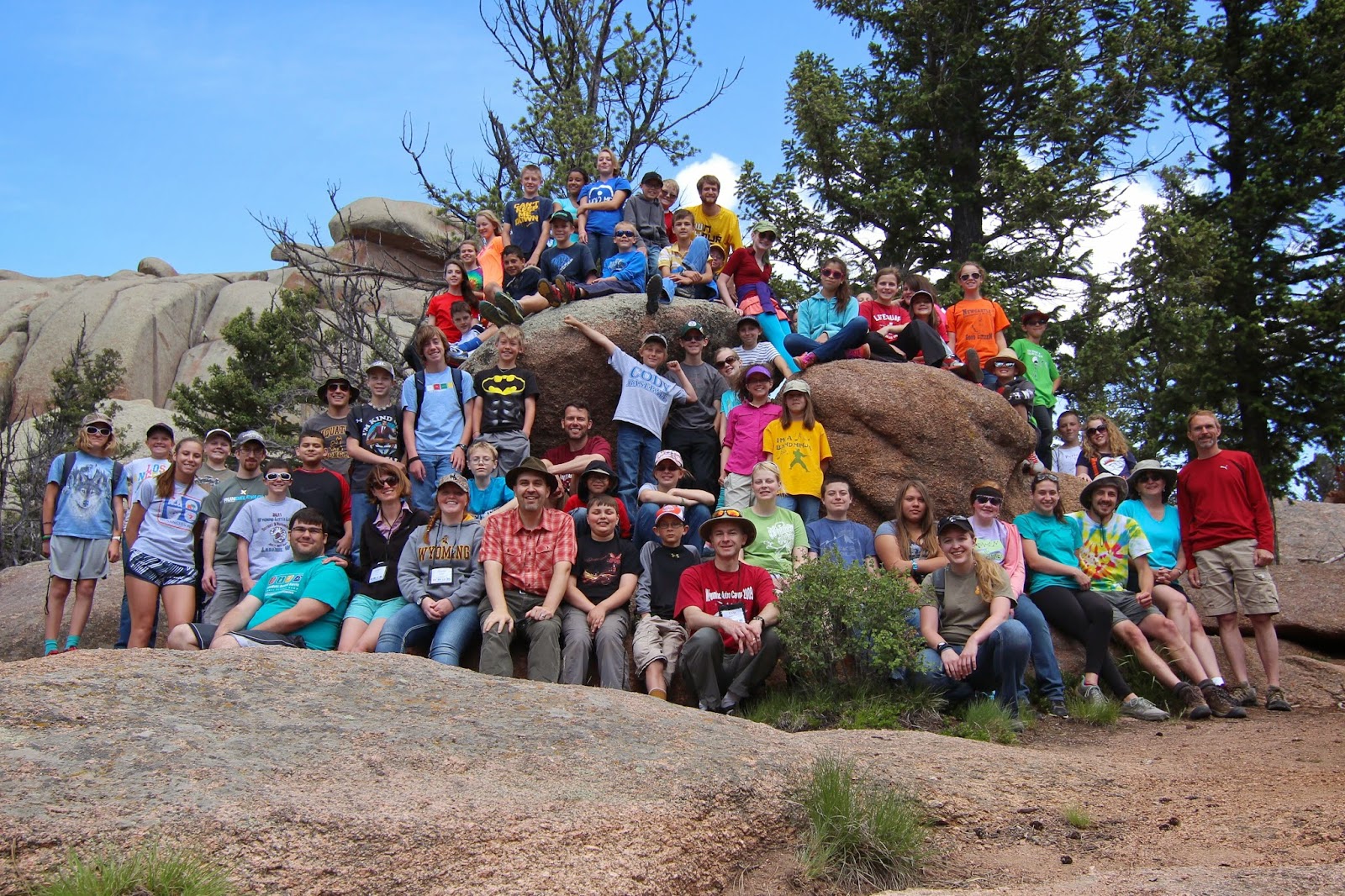Mentoring
In my opinion, mentoring is one of the most effective mechanisms to help keep promising young scientists in the field. Thus, I try to provide support and encouragment to my mentees at all stages of their careers.
I have mentored many undergraduates at both the University of Arizona and at other institutions. I frequently provide advice on how to prepare for graduate school or careers in industry, and how and why to get involved in undergraduate research.
I co-mentored UA undergraduate Trevor Smith with my advisor on his undergraduate thesis research. It was been incredibly rewarding to see his development into a promising researcher.
I have also formally and informally mentored junior graduate students at Steward.
